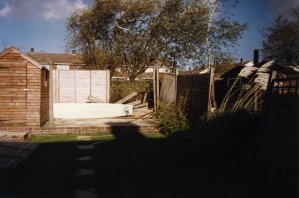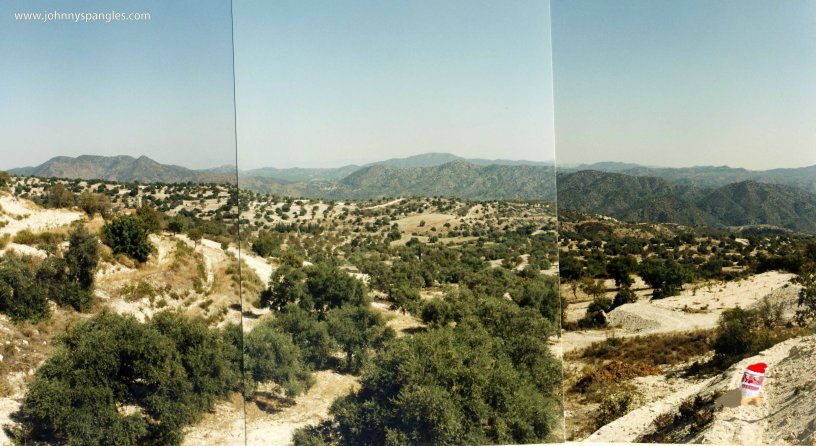Larnaca Travel Guide. Countries have been scrapping over Cyprus for years. There’s a long list of countries and civilizations that have planted their towels on its sun-loungers. These include the Assyrians, Persians, Egyptians, Romans, Arabs, Venetians, French, Brits, Greeks and Turks. Surprisingly the master towel-droppers, the Germans, gave it a miss…even in World War II. This was because they’d had a miserable time after occupying Crete. The locals had seen them coming and sabotaged all the pedalos.
Apart from package holidays the historical reason for Cyprus’ desirability is that it is a strategically handy stop-over for trading, plundering and crusading day-trips to the Middle East.
The current state of play is that the Turks occupy the north of the island, the Greeks have the south and the UN has a little bit in the middle, mostly to stop the Turks and Greeks lobbing kebabs at each other on a Saturday night. After this latest round of shenanigans you would have thought the population would have towed the island somewhere less likely to encourage house-sharing, like Ireland or the Korean peninsula.
Despite being about as far from Beirut as London is from Birmingham, Cyprus were allowed to join the Eurovision Song Contest some time ago. However, even they are a bit embarrassed about it and they’ve always done the decent thing and never won.
Cyprus also has red mud. Gullible tourists, like me, are told by tour guides that it is red because of the abundance of copper in the land. We are also told that the name ‘Cyprus’ derives from the ancient word for copper.
I was always a little sceptical about this, so I have been doing some digging around (pun intended) on the issue of the red mud. It appears to be a load of copper cobblers. The mud is red because of iron minerals which go red when oxidising with the air (i.e. it is rust) and the name ‘Cyprus’ comes from either the Greek word for the Cypress tree (kyparissos) or the Henna plant (kypros). In fact it was the other way round, and Cyprus gave its pre-existing name to the later Latin word for the metal (‘aes Cyprium’, metal of Cyprus). So, there you go, you learn something new every day.
 I am currently at the back end of a long Christmas holiday. Hence, with far too much time on my hands, I am spending it researching trivia like the above. This is a cosier indoor alternative to mending the garden fence, which my wife keeps suggesting.
I am currently at the back end of a long Christmas holiday. Hence, with far too much time on my hands, I am spending it researching trivia like the above. This is a cosier indoor alternative to mending the garden fence, which my wife keeps suggesting.
Therefore this particular travelogue is nothing more than Wikipedia based waffle (a late 17th Century word, frequentative of a dialect ‘waff’ for ‘yap’ or ‘yelp’). This is because I went to Larnaca so long ago I can’t remember much about the place, other than it goes dark very quickly once the sun plummets behind the Troodos Mountains. This doesn’t give much chance of a spectacular sunset for those holidaying in the shade of the mountains (i.e. those in Larnaca), so ignore the badly researched stock photography in the travel brochures.
Cyprus is also ‘renowned for its abundance of potatoes’. This is because the red mud makes for happy potatoes. Things are looking even better for them now, as my web research has just discovered an article by Professor John Moverley entitled ‘A Time of Confidence and Opportunity for Cyprus Potatoes’. I would imagine the potatoes will be very pleased to hear this. I can see them partying in the fields of Larnaca.
Another item of interest that cropped up in my three hours of internet time-wasting was the existence of something called the ‘Larnaca Municipal Wind Orchestra’, which sounds a most entertaining prospect. Perhaps I should join them, I have plenty of wind to spare and in the past I have managed to fart the first three bars of ‘Rule Britannia’.
On that pungent note I will have to leave you, the garden fence is now beckoning at the end of my wife’s finger. Although it has just started raining. Shame, next Christmas it is then. I wonder if I can do ‘God Save The Queen’ without following through.

